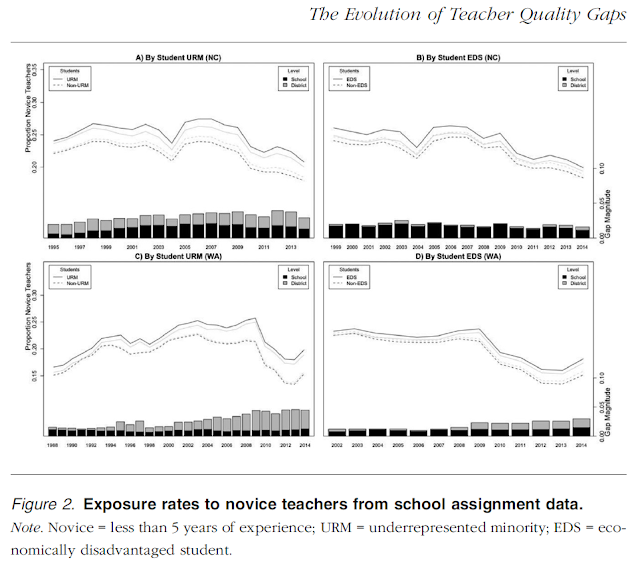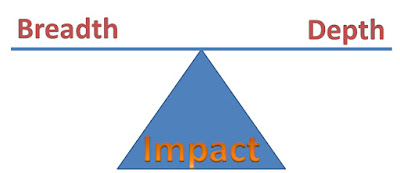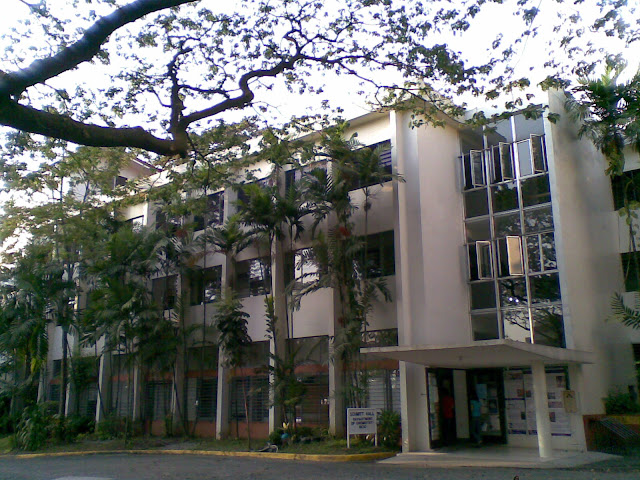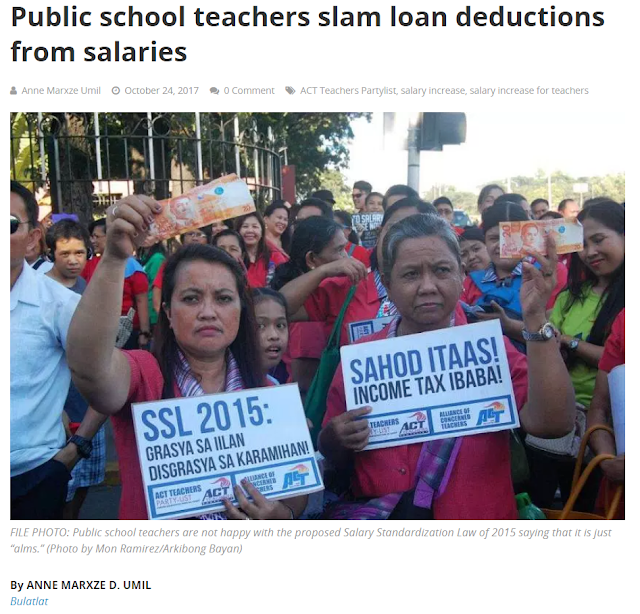On Salary Hike and Performance Bonuses for Public School Teachers

We pay people for the services they render. When we are pleased with the service we receive, to show our gratitude, we sometimes give tips or bonuses. There is a theory that we may get better service if there is a reward attached to better performance. Somehow, this idea has become prevalent in the teaching profession. Whether this is true or not needs to be addressed in research, in which other factors that contribute to learning outcomes are controlled. Past research has often used for comparison, schools that provide performance bonuses against schools that do not. Such comparison unfortunately is flawed because we are in fact comparing different schools. A better comparison is one that looks at the same school and examines whether teachers being awarded bonuses really lead to better learning outcomes. The answer to the question of whether awards lead to greater student achievement from a recent research study is no. Dara Shifrer, Ruth López Turley, and Holly Heard report in ...










